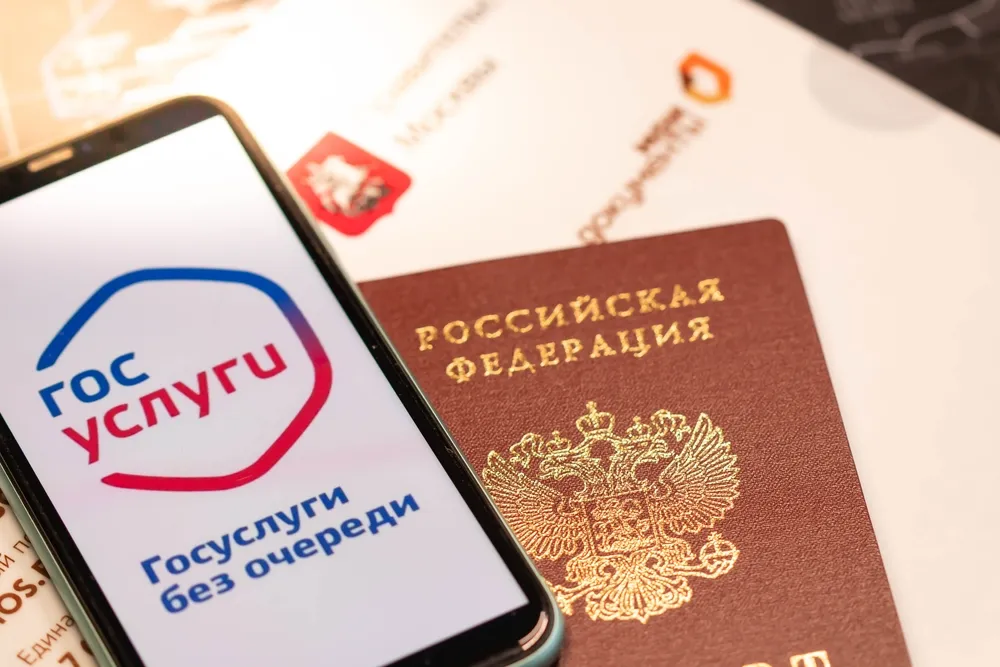Russia Is Giving Its Citizens a Kill Switch for Spam Calls and Mass Texts

Starting August 2025, Russians will be able to block robocalls and mass messages with a few taps on their phones. It’s not just convenience—it’s a new layer of digital self-defense.
Russia is about to flip the script on spam. A new law, set to take effect on August 1, 2025, will let citizens opt out of mass calls and text message campaigns directly through their mobile operator’s website or app. Think of it as a built-in firewall for your SIM card.
According to Anton Nemkin, a member of the State Duma Committee on Information Policy, the system is designed to make opting out “simple and accessible” for everyone. “Every Russian will have the right to decline mass calls and messages,” he said in a statement to RIA Novosti. “This will significantly reduce digital noise and enhance user comfort in the online environment.”
The Future of Consent: One Tap at a Time
The legislation doesn’t just stop with spam filters. From September 2025, telecoms will be barred from initiating mass robocalls without explicit consent from subscribers. To back it up, the government plans to roll out a new feature on its e-government portal, Gosuslugi, that lets users report violations—essentially flagging persistent offenders who refuse to take the hint.
But beneath the surface, this isn’t just about marketing fatigue. It’s about digital hygiene and consumer sovereignty in an age of rising cyberthreats. Mass text campaigns have long been a vector for phishing, malware, and social engineering attacks. Cutting off this first line of contact makes mass fraud harder to execute—and gives users more power over who reaches them and how.
Cyber Defense, Built Into Policy
The initiative is part of a broader Russian push to harden civilian defenses against digital scams. In recent years, the fight against fraud has escalated into a state-level priority, with both public and private players investing in early detection systems, biometric security, and AI-based fraud detection.
According to Nemkin, this new opt-out framework lays the groundwork for a national consent-management system, where users will be able to define, limit, and revoke digital permissions across platforms.
As more of everyday life shifts into mobile ecosystems, Russia is betting that control over communication channels is just as critical as cybersecurity firewalls. The war on spam, it turns out, is a war for digital autonomy.









































